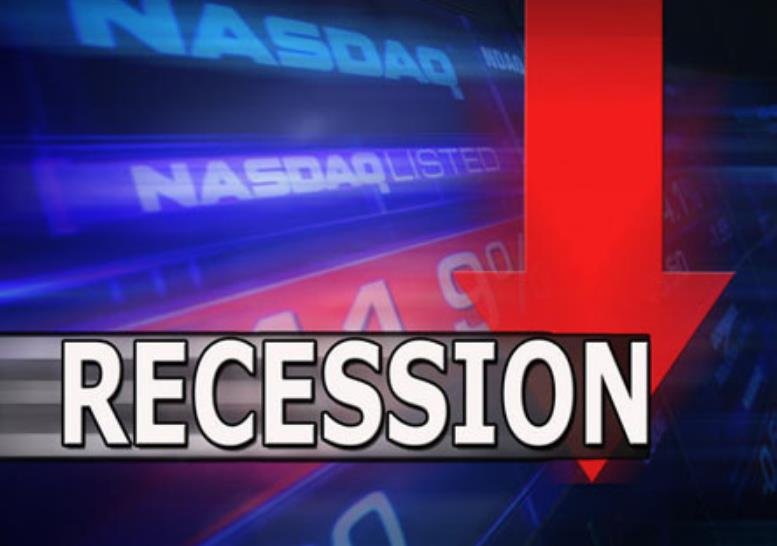Germany, Europe’s largest economy, suffered a 0.3% decline in gross domestic product (GDP) in 2023, marking the first year of negative growth since 2020. The Federal Statistical Office said on Monday that the economy was affected by “multiple crises” such as high energy prices, supply chain disruptions, and lower global demand for exports.
The German industrial sector, which accounts for about a quarter of the economy, shrank by 2% in 2023, as higher production costs and weaker demand from key markets such as China weighed on factory output. The construction sector also contracted by 1.4%, reflecting the impact of higher interest rates and lower investment.
Household consumption, which had been a main driver of growth in the previous year, fell by 0.8% in 2023, as consumers faced persistent inflation and reduced purchasing power. The average inflation rate for the year was 5.9%, the second-highest since German reunification in 1990. Government spending, which had supported the economy during the pandemic, also dropped by 1.7%, as fiscal stimulus measures were phased out.

Germany lags behind other advanced economies
The contraction in 2023 means that Germany’s economy was only 0.7% higher than in 2019, the year before the pandemic. In contrast, other advanced economies such as the US, the UK, and France have recovered to their pre-pandemic levels or even surpassed them.
Germany’s economic performance in 2023 was also worse than the average of the eurozone, which grew by 0.9%, and the European Union, which grew by 1.1%. Germany’s share of the EU’s GDP fell to 20.6% in 2023, the lowest since 2007.
Analysts said that Germany’s economy was in a “permanent crisis mode” and faced a bleak outlook for 2024, with a high risk of another year of recession. The Institute for Macroeconomics and Business Cycle Research (IMK), which is affiliated with the trade union-backed Hans Böckler Foundation, partly blamed Germany’s strict limits on government debt for the slowdown.
Challenges and opportunities for the new government
The economic downturn poses a major challenge for the new coalition government led by Chancellor Olaf Scholz, who took office in December 2023. Scholz, a Social Democrat, has promised to boost public investment, reform the tax system, and accelerate the green transition.
However, he also faces pressure from his coalition partners, the Greens and the Free Democrats, who have different views on fiscal policy, climate action, and European integration. Moreover, he has to deal with external factors such as the Covid-19 pandemic, the geopolitical tensions with Russia and China, and the trade relations with the US and the UK.
Some economists said that the new government had an opportunity to address the structural weaknesses of the German economy, such as low productivity, ageing population, and digitalisation gap. They also said that the recent fall in energy prices and the robust labour market could provide some relief for households and businesses.
However, others warned that the government’s fiscal plans were too ambitious and could worsen the public debt situation, which rose to 71.4% of GDP in 2023, the highest since 2014. They also said that the government’s green agenda could hurt the competitiveness of the industrial sector, which is still heavily reliant on fossil fuels.
